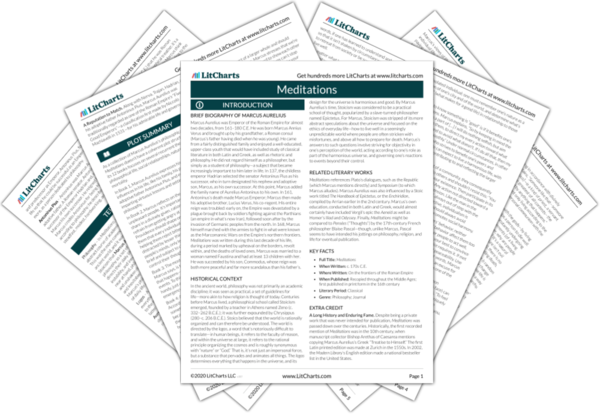Clarity of mind is the most important thing for the soul’s freedom. It’s completely within a person’s control, under the power of the choices they make, regardless of what other people do or say. Neglecting this control results in an unclear, or “muddy,” mind.
